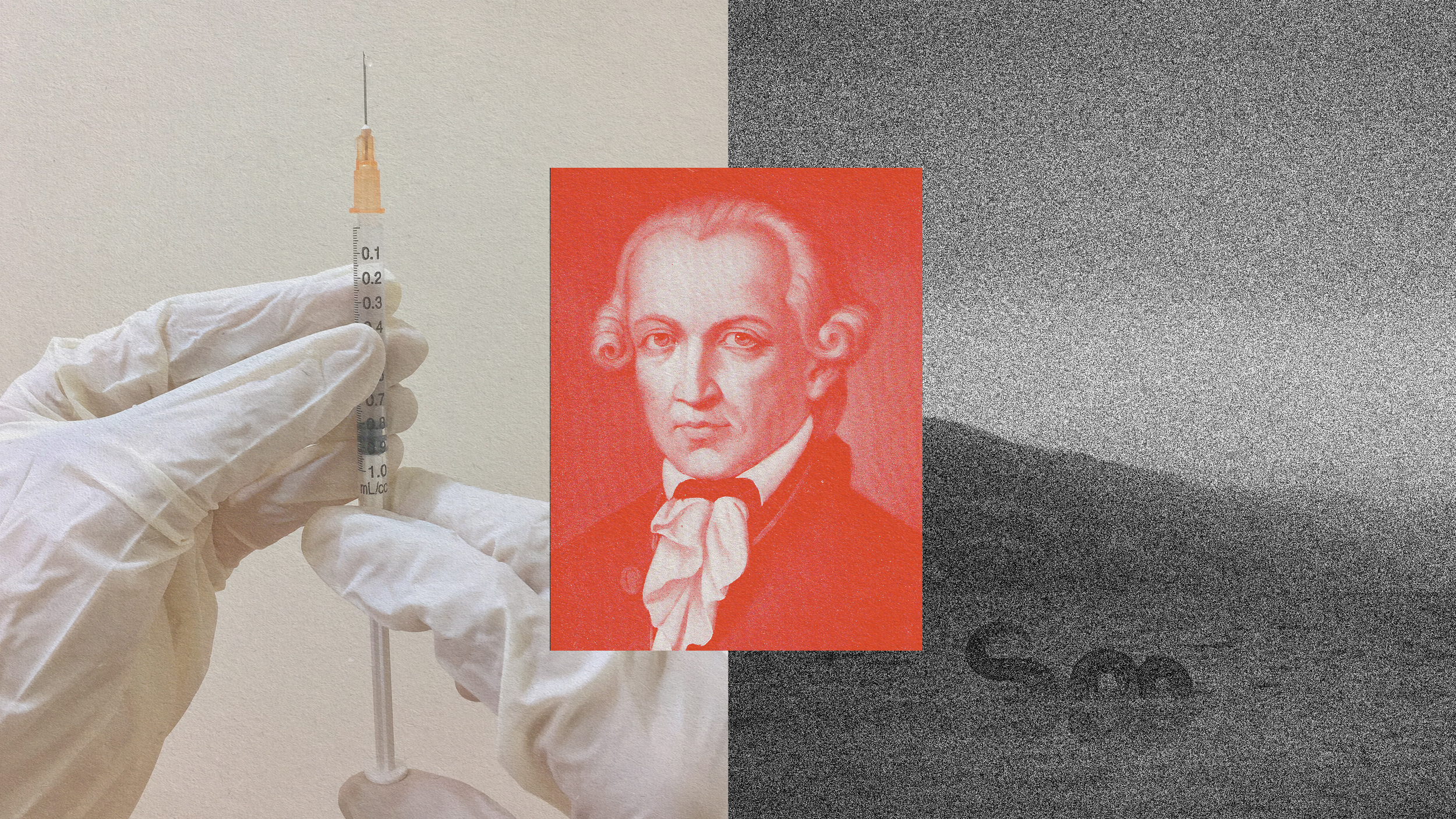Peter Ward explains how the scientific community can improve its dismal public outreach—and why he believes the problem of women in science is solving itself.
Question: Does personality shape scientists’ interpretation of data?
rnPeter Ward: Well, science is certainly affected by how scientists perceive it should be, we’re all human. And human nature being what it is, it’s really a shame that science as we know it now discourages scientists talking to people other than scientists. Carl Sagan knew much about this. We invented a word, Saganized, or Saganization, in which your fellow scientists frown on you for attempting to talk to the masses.
rnThe way it comes down, it’s just sort of a prim down turning of the mouth, but the reaction is, why have you wasted your time. That’s time that could have gone into doing your science and you have taken it away and done something else. Well, you have not come to your full potential as a scientist. I personally am pretty upset about this in the sense that I think the reason that we only have half of American’s believing in evolution, the reason we have so many Americans thinking that there’s a political motive in global warming is that the science communication coming out of the professional scientists, most of whom are university professors, is abysmal.
rnAnd as an example, when you come up for a job interview, you have been vetted from a hundred candidates. And the way that we cut down is to look at their scientific output. If this is a post-doc, or someone with a brand new PhD, we’re looking entirely at research productivity. If research productivity is marred by there’s an outreach component to this that sets that person in deficit compared to that other person who’s got that one more scientific article.
rnWhen we come up for promotion, we never look at; say hey, two scientific Americans, no, we saw, wow three papers in science, okay. That’s what goes. You don’t get promoted for the side stuff. When I write books, I’ve done 16 now. They don’t go to my promotion packets. These are the sort of ugly little aside that tried us that the person has been doing as a hobby, but is not part of the professional meat. It has nothing to do with me as my professorship position. That outreach stuff, that’s somebody else. I actually give it an entirely different name. And that’s the way it is across all the first rate science places.
rnA lot of people do outreach, but not enough. We need to make that any PhD thesis, one chapter is outreach for the public, the other three or four are for the scientists and that this has to become institutionalized, then you can’t do it for one person, it’s got to be an entire recognition. That’s not happening.
rnQuestion: What more can be done to improve scientific literacy among the public?
rnPeter Ward: Well, if you look at PBS shows, and look at the audience of the PBS science shows. They all have the hair color I do, grey. It’s an aging graying audience. The reason, the way we have to work now, and I fully believe this, is that we scientists have to stop writing the books we write or being on the TV, or even being on program like this and start writing video games. I’ve got a 12-year old son. The only way to get to him is a video game. That’s what he wants to do all the time. Video games are the way to get into his and all his friends’ brains. Make happy, really cool, first person shooters, but at the same time get across good science. That’s the way to do it. I mean, I’ve really come to the conclusion that writing these books does virtually nothing. You’ve got to get to people who don’t get it otherwise. Video games to me seems the logical way.
rnQuestion: What can be done to increase the number of women in science?
rnPeter Ward: Well, there’s the old stereotype that women did more poorly in mathematics and that has held for a long time. But to be honest, I don’t believe, certainly in my career I have seen the women in science problem diminish enormously. We have more women graduate students in my two departments than men. It’s been that way for years now, so, whether that’s translating to the job market. Are we hiring as many women scientists and men scientists, well there’s still a function of there may be more men scientists in particular areas, but again, that’s diminishing. So, I’m hopeful that that particular aspect has changed. It seems to be.
Recorded on January 11, 2010
Interviewedrn by Austin Allen





